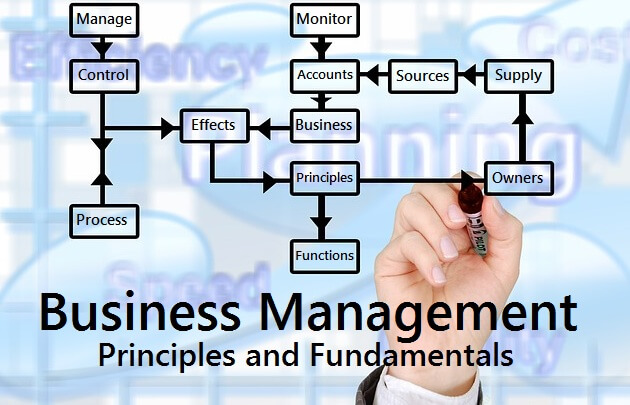It seems like everyone wants to become an entrepreneur but many do not have the knowledge to do so. To help out everyone who has had the entrepreneurial drive, here are a few resources which may help understand how to analyze a product, how to find a product-market fit, how to define the role of the founders, how to form a strong work culture, and how to stay solvent. With this knowledge, you might also find ways to choose a good board of directors, good analytics, and how to form a strategy for your business.
Knowledge:
Steve Blank’s List of Tools and Blogs for entrepreneurs comes from the associate professor of entrepreneurship at Stanford and writer of the “Startup Owner’s Manual” and “Four Stages to the Epiphany.” Steve Blank has founded eight companies, of which four went public. Forbes listed him as one of the most influential men in the technology sector, and while his thoughts might be skewed towards that sector, his views on entrepreneurship shouldn’t be ignored. Steve is the originator of the lean startup method for creating companies popularized by his student, Eric Reis.
Paul Graham’s Essays are sometimes considered must-read material for ambitious entrepreneurs. These essays were created by the venture capitalist and software engineer who co-founded Y Combinator, a business designed to help startups. This collection of essays has wonderful phrases like “You need three things to create a successful startup: to start with good people, to make something customers actually want, and to spend as little money as possible. Most startups that fail do it because they fail at one of these. A startup that does all three will probably succeed.” With such simple and effective advice, it’s easy to see the value in his writing. Warning: some of the essays are political pieces.
Books:
The Lean Startup presents a “new” entrepreneurship movement which can be summed up in the following quote: “The only way to win is to learn faster than anyone else.” This method seeks to test a product, fail faster, and prove the product is worth improving. It does this by building a minimum viable product and developing more only when the situation requires it. The Build-Measure-Learn loop of product development is the main takeaway from this great book, but the wisdom contained within this book makes it a compelling read.
Blitzscaling is a new book by Reid Hoffman and Chris Yeh which deals with how to set up businesses to experience massive growth. Hoffman co-founded LinkedIn and Yeh co-founded Wasabi Ventures, so both are used to creating companies with massive growth. This book shows how an entrepreneur might position their company in a way to take advantage of massive growth opportunities. Entrepreneurs involved with Blitzscaling also delivered a variety of entrepreneurship lectures at Stanford, which can be found here.
Funding:
Y Combinator wants to be the first investor in a company and helps it to be successful. If you send in an application, Y Combinator may invite you to a 3-month training “boot camp” with other founders. Y Combinator may be able to set up connections between founders while teaching entrepreneurs how to pitch to investors. This resource attempts to give startups the right knowledge to help create a business that can thrive. They also provide a long list of interesting ideas they think will change the future if an entrepreneur is looking for inspiration.
Floodgate tries to be one of the first to invest in a company. They evaluate a startup on five separate characteristics:
- Proprietary Power – Everyone is trying to be better, but can you be different? Can it be completely unfair to compete against you? Can it be unassailable, for example like 25 years of research that you have exclusive rights to?
- Product Power – Does the business solve a problem that exists in the market? Does it solve the problem in such a way that it is obvious, convenient, and inspiring? Did the business quickly attract the attention of a lot of people and grow out of control?
- Company Power – Does your company have the proper foundations? Does it have a culture that minimizes management debt and technical debt? Does it have lightweight meetings, efficient teams, and the right meetings? Can everyone execute better and faster?
- Business Model Power – Does the way your business model work make sense? Does your company have a good financial plan to translate consumer interest and participation into profits? How will the business model change when the business is successful?
- Competitive Power – Can you reframe or redefine how people think of the market? Can you change distribution channels as Amazon did with “the online bookstore”? Is your Business unique enough to immediately stick in a customer’s mind?
Companies that pass these judgments are a “Godzilla” company. Companies like this are more likely to attract investors, which may propel the business forward.
Series Seed equity financing docs can help with any additional funding that an entrepreneur might need by providing open source documentation to help entrepreneurs apply for their Series A, B, and C funding. Michael Dearing, the founder of Harrison Metal, has stated that these documents are his exclusive templates for funding.
Let us know if you have any other entrepreneurial knowledge you would be willing to share in the comments below.




